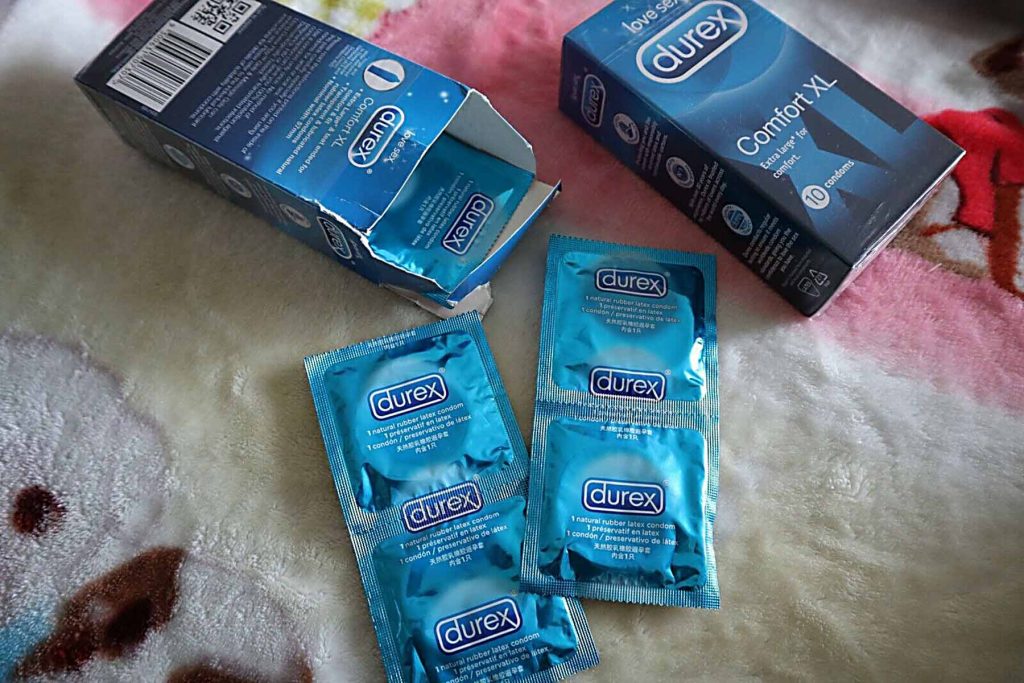The Ghana AIDS Commission (GAC) has expressed deep concern over a growing trend of young people abandoning the use of condom, warning that the development could reverse years of progress made in the fight against HIV/AIDS and other sexually transmitted infections (STIs).
Recent reports and surveys indicate that condom use among Ghanaian youth has declined significantly, especially in urban centres and tertiary institutions.
Health experts attribute the drop to misconceptions about HIV, reduced fear of infection due to advances in treatment, and the growing popularity of unprotected “trust-based” relationships among young couples.
Isaiah Doe Kwao, Director of Research, Monitoring and Evaluation at the Commission, said the situation is alarming.
“Even though we have condoms in this country, it appears the youth of today are not using them as we would want,” he said at the 14th National Partnership Forum on HIV and AIDS in Accra on Wednesday, October 22, 2025.
He explained that some young people preferred “going raw” and believed HIV was no longer deadly because there were fewer visible deaths.
“Some say they prefer the natural feel. Others think HIV is no longer deadly because they no longer see people dying like before, so the fear factor is gone,” he noted.
“As much as possible, we continue to encourage them to reduce risky behaviours. Condom use is still key in preventing HIV and other infections. We advise them to either abstain, remain faithful to one partner, or use condoms consistently and correctly,” he stated.

He urged young people to take their health seriously, noting that their well-being was vital to Ghana’s future development.
Kwao noted: “We have developed a short code, *9898#, where individuals can donate as little as one cedi to support HIV activities in the country.”
Despite continuous education campaigns, health officials said condom distribution and usage figures have fallen over the past few years.
Public health advocates are calling for renewed awareness campaigns that target youth directly, utilising social media, peer education, and entertainment platforms.
They argued that messages around sexual health must be reframed to reflect current realities and attitudes among young people.
The Ghana Health Service has also urged schools and youth groups to intensify education on safe sex and the importance of condom use as part of comprehensive sexual and reproductive health education to prevent HIV/AIDS.
Experts warn that if the trend continues, Ghana could face a rise in HIV and STI cases, undermining national targets aimed at ending AIDS as a public health threat by 2030.











